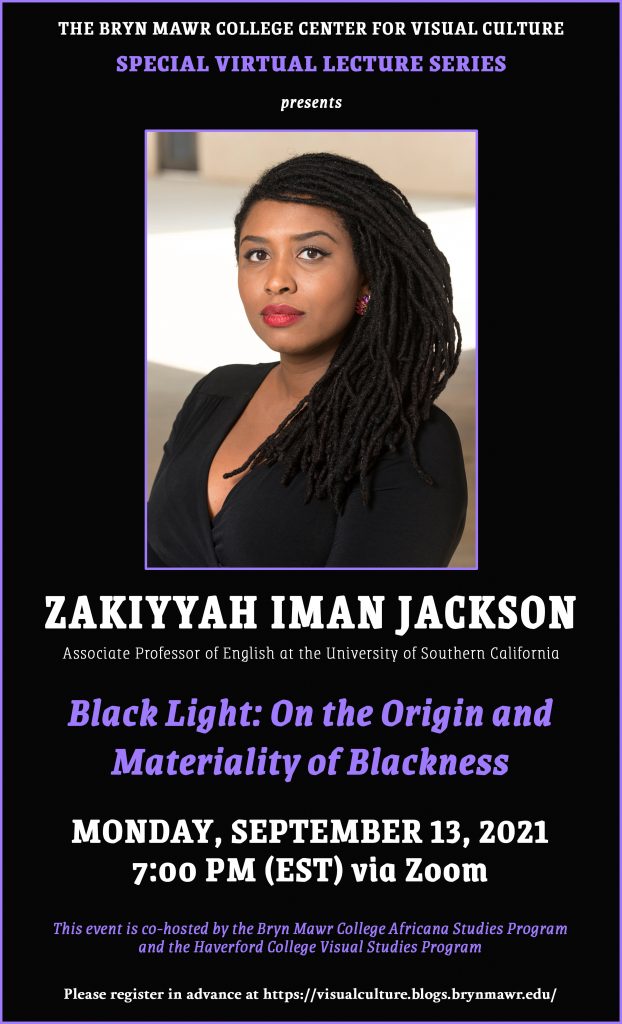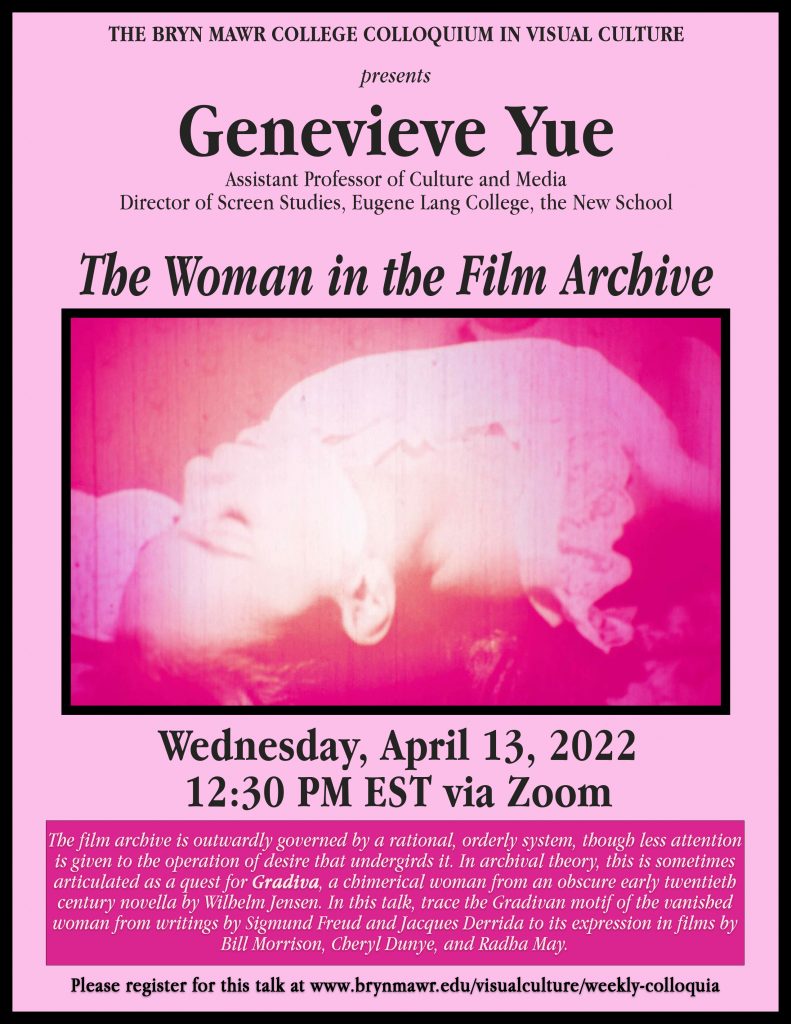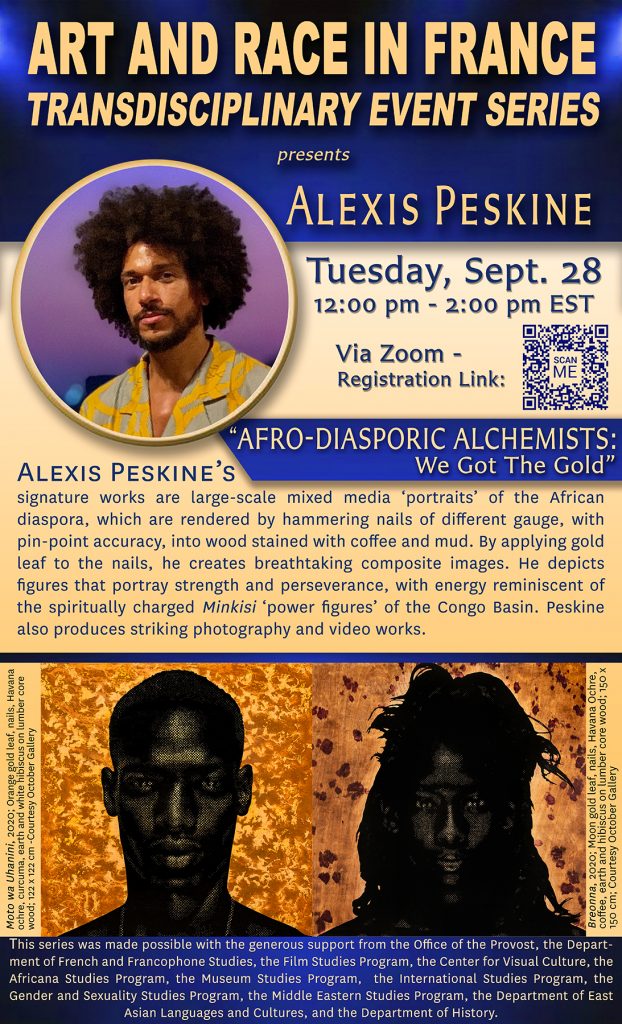Associate Professor of English
Dornsife College of Letters, Arts and Sciences
University of Southern California
“Black Light: On the Origin and Materiality of Blackness”
Aesthesis is a political matter, such that black folk have often sought to challenge a mode of representation that mythologizes blackness as mere absence or lack. There is artmaking that seeks to transfigure both the void blackness is thought to represent and a known world whose “facts” depend on a fiction of black vacancy. These are works that, in the words of curator, Adrienne Edwards, “are philosophically charged, culturally compounded abstractions” and figurations “that point to discourse beyond medium and art movements,” alternately affirming nothing or attuning to the indeterminacy and incalculability of blackness, whether blackness be attributed to person, place, or thing. This is not to suggest that double-consciousness and its deposits can be easily uprooted, but rather that perception and its organization are meaningful and necessarily remain a ground of contestation. This talk concerns the reflective and refractive potentialities of blackness as well as its density or fullness that exceed the capture of mimetic representation. It highlights works that critically explore the received terms and limits of representation in the interest of the dissolution of given categories and conceptual forms. Focusing particular attention on Faith Ringgold’s Black Light and American People series, this talk explores blackness as varied, multi-dimensional, and a light source in its own right.
Professor Jackson is the author of Becoming Human: Matter and Meaning in an Antiblack World.
This event is co-hosted by the Bryn Mawr College Africana Studies Program and the Haverford College Visual Studies Program.
7:00 pm (via zoom).
Register here.










